Humanizing the Journey To Graduate Funding
Monica Gutierrez, Brooke Staley, Sandte Stanley
This is the first in a 5-part series highlighting graduate funding experiences and providing tips and advice for those embarking on this journey.
For many graduate students, the journey to funding is paved with high hopes and aspirations but—often unclear and laden with obstacles. While articles and websites offer tips and resources to help students navigate this process, the unique stories of success, rejections, or non-linear paths are rarely shared. In this series, we speak to current students and junior faculty about the highs, lows, reflections, and desires around the graduate funding journey. This part of the series highlights the journey of Aaron Neal, Ph.D. student in Clinical Psychology at the University of Michigan.
What one word would you use to describe your funding experience in graduate school?
Challenging! to find, to secure, to maintain, and even to manage. But also, Worth it! Securing funding was the most liberating experience, providing me with the support to pursue my own interests and the freedom from doing tasks misaligned with my purpose and passion(s) in graduate school.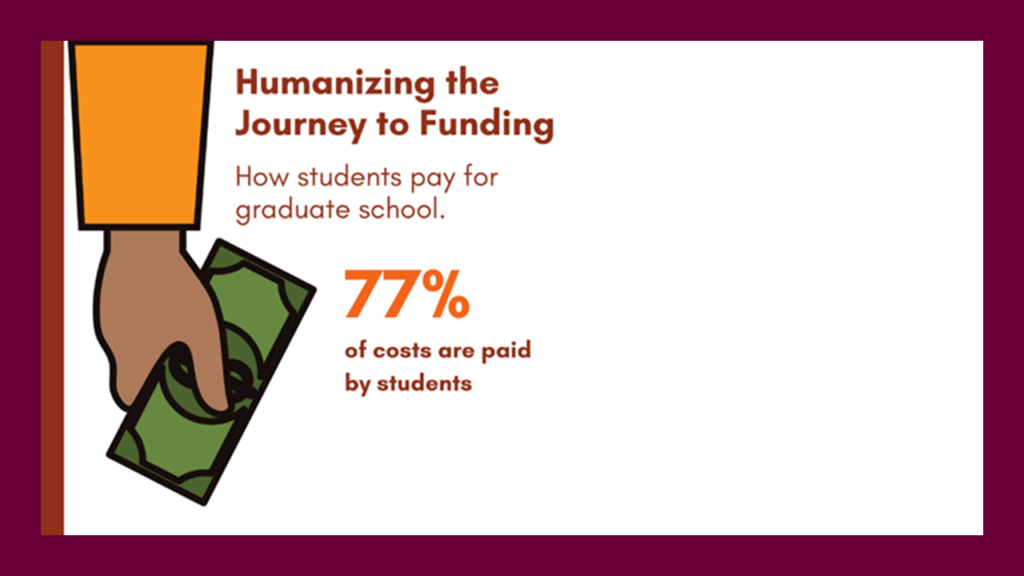 Could you elaborate on why you chose those words, and also describe your funding journey?
Could you elaborate on why you chose those words, and also describe your funding journey?
As a first-year trainee, I was offered a departmental fellowship, which gave me time to acclimate to graduate training and all of its demands. Through the graduate school, I also received a supplemental diversity award l that covered my student fees. This fellowship also afforded me time to apply for summer funding and an additional fellowship to explore other interests for professional and academic development. My advisor not only encouraged me to seek these opportunities for myself, but he also nominated me. He understood how monetary struggles can impact a person and their graduate training experience. During my first year, his primary task was to help me find external funding beyond that year. He was intentional about supporting me, and that support and mentorship has been invaluable to my training experience. In my tenure as a graduate trainee, I have been awarded an internal departmental fellowship for incoming students, a minority student incoming top-off award, and the Environmental Fellows Program summer fellowship, and I was named a 2020 Ford Foundation Pre-Doctoral Fellow. These funding sources have sustained me in my three years of graduate training and have helped me to develop as a researcher, mentor, and mentee.
What was your biggest obstacle or difficulty in the funding process?
Finding the time to write the applications. In the midst of classes, administrative work, research, and all the other responsibilities of adulthood and graduate school, you somehow have to find the time to write these applications. They are intensive, requiring you to reflect on your personal and professional life while generating ideas for research, and that takes time! These ideas and thoughts you have need time to develop. Being intentional about setting the time aside to do that is a privilege and a luxury that not all of us have.
How do you take care of yourself in the face of rejection or what recommendations do you have for others to buffer rejection?
I remind myself to swallow the very hard pill that “not every opportunity or award is for me” (even when it so perfectly aligns with what I want or need). I remember that the rejection is not a rejection of me personally, even when my work feels very personal. I have been rejected from several funding sources, and throughout I’ve learned to release myself of the expectation of winning everything I apply for, and instead, I expect to put my best effort towards goals that align with my passion, purpose, and overall career.
When I don’t get an award I do three things. First, Imma cry about it – it sucks! Allowing myself those feelings is self-validating and helps me recognize the work that I put into my application. Next, I recognize how I’ve grown throughout the process of applying, reflecting on what I did well and how I can improve. Next, I let my people know! They were there – reading drafts, cowriting, praying with me, writing letters of recommendation. They want to know, and if you’ve got good folks around you, they sit in your feelings and validate them with you. Last, I ask for feedback. Occasionally, the programs with fellowship and other awards are open to giving you feedback on your application. For a lot of these awards you can (and should) apply again. One of the best ways to get better is to be humble enough to ask how.
If you could give some “words of wisdom” to your junior self, what would they be?
To my younger self: “Shoot your shot! Give it a try! You miss 100% of the shots you don’t take. God don’t always call the qualified, God sometimes qualifies the called!” In short, get out of your own head and out of your own way. I talk myself out of different opportunities by telling myself I’m not worthy, qualified, capable, or competitive enough. When in reality, I actually am qualified, so go on ahead and apply. What’s the worst that can happen? No? Well, then you’ve got the chance to try again next year.
What word would you use to describe how you felt when you received notice of your award?
I felt free. There is a freedom that comes with funding that creates opportunities for a person to focus on themselves and their work. That autonomy, that choice, that feeling of freedom in graduate school is one of the best that I’ve ever felt.
How did you celebrate?
Similar to my sequence for no, I do the following things.
- Sit in whatever feelings come afterward. I sat in that feeling of freedom for a long time, and reflecting on it now, I am grateful to be experiencing it.
- I let my people know! This award is a manifestation of our communal work! And, the collective cheer means more to me than the award itself!
- I reflect! on how this award is the culmination of hard work, how applying has grown me and changed me for the better, and how it is an opportunity to further my purpose and passions.
Thank you, Aaron for speaking with us!
 Aaron is a graduate student at the University of Michigan in the field of Clinical Science/Psychology. In 2020, he was awarded a Ford Foundation Predoctoral Fellowship which has supported his tenure as a graduate student. His current research examines how racism as a psychological, biological, and social stressor impacts the health, well-being, and development of Black Youth. Clinically, he provides therapeutic services to children, adolescents, and families experiencing Covid-related stress, racism-related stress, depression, anxiety, and behavioral challenges.
Aaron is a graduate student at the University of Michigan in the field of Clinical Science/Psychology. In 2020, he was awarded a Ford Foundation Predoctoral Fellowship which has supported his tenure as a graduate student. His current research examines how racism as a psychological, biological, and social stressor impacts the health, well-being, and development of Black Youth. Clinically, he provides therapeutic services to children, adolescents, and families experiencing Covid-related stress, racism-related stress, depression, anxiety, and behavioral challenges.


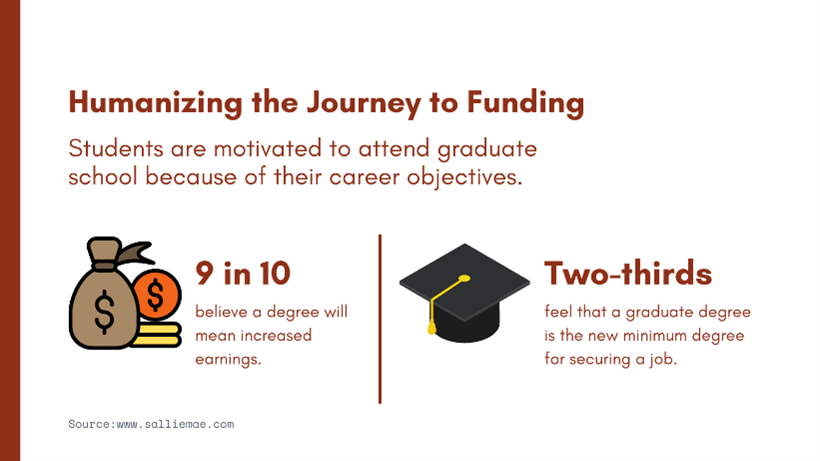
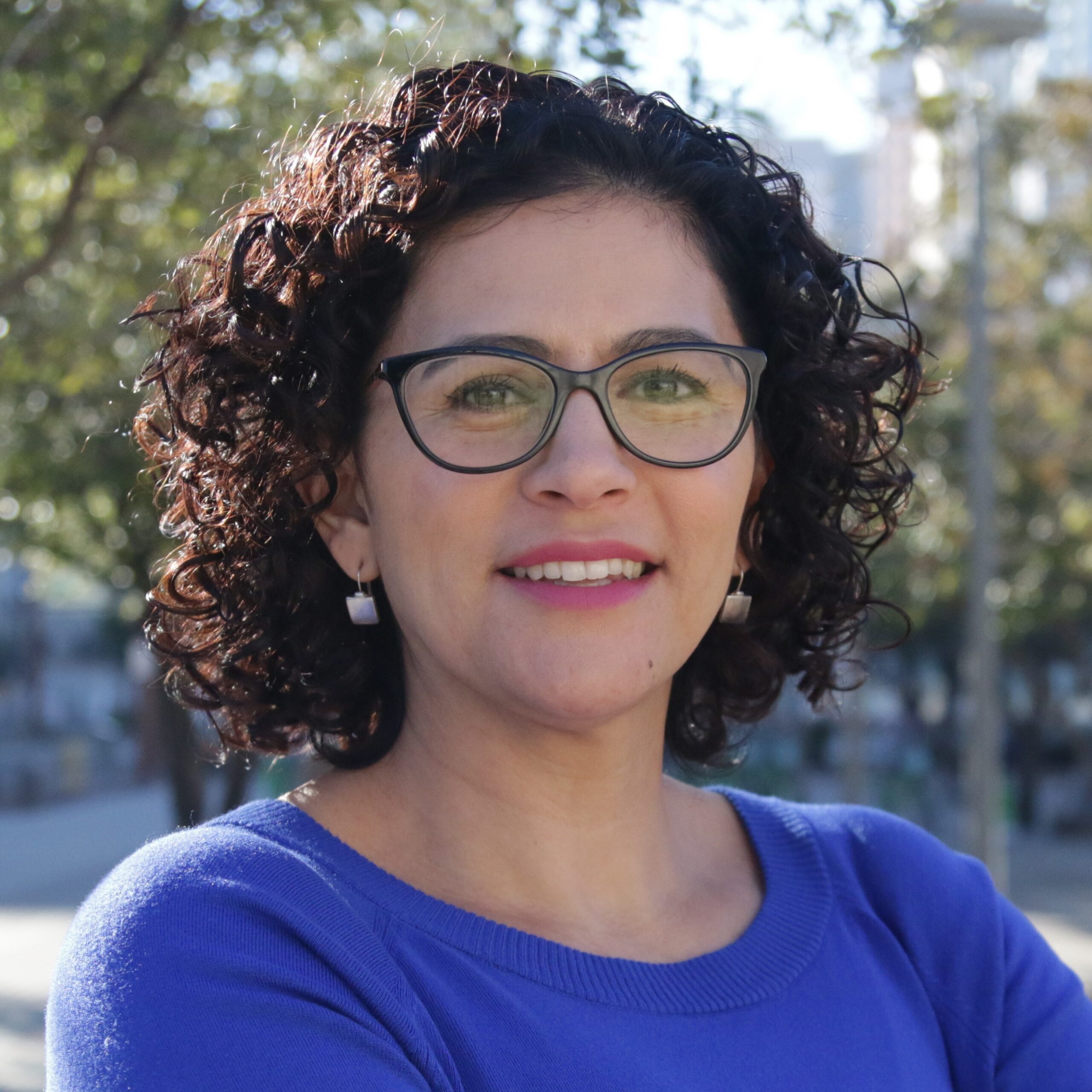
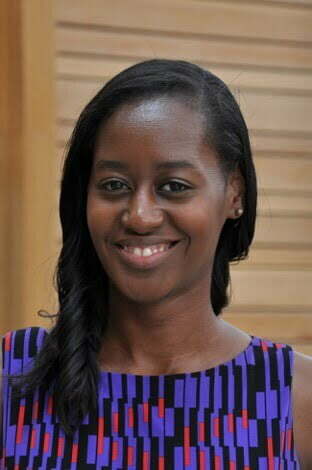
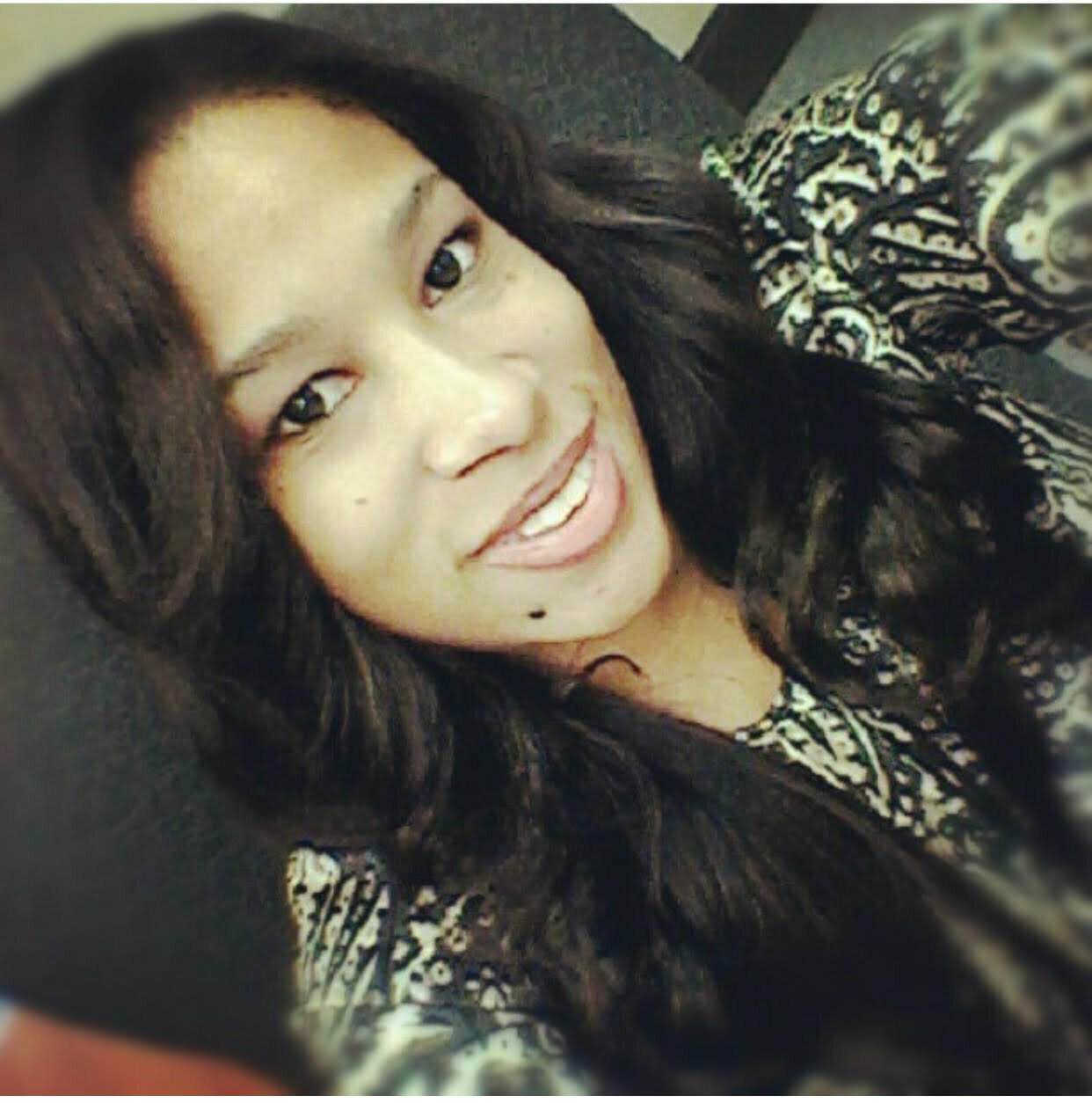
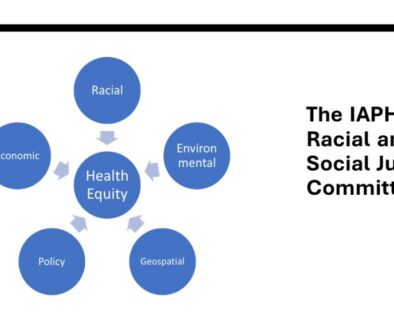


All comments will be reviewed and posted if substantive and of general interest to IAPHS readers.